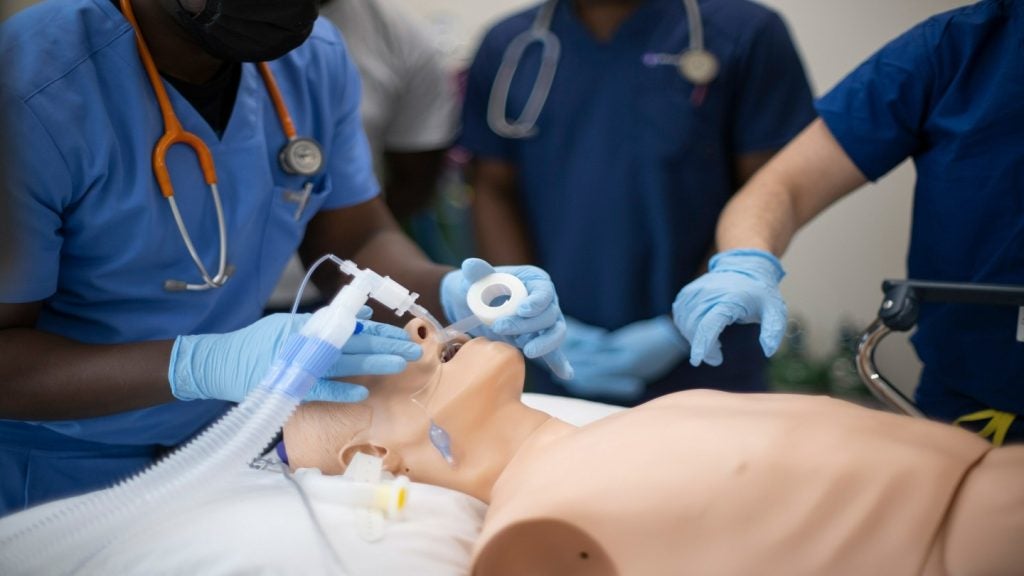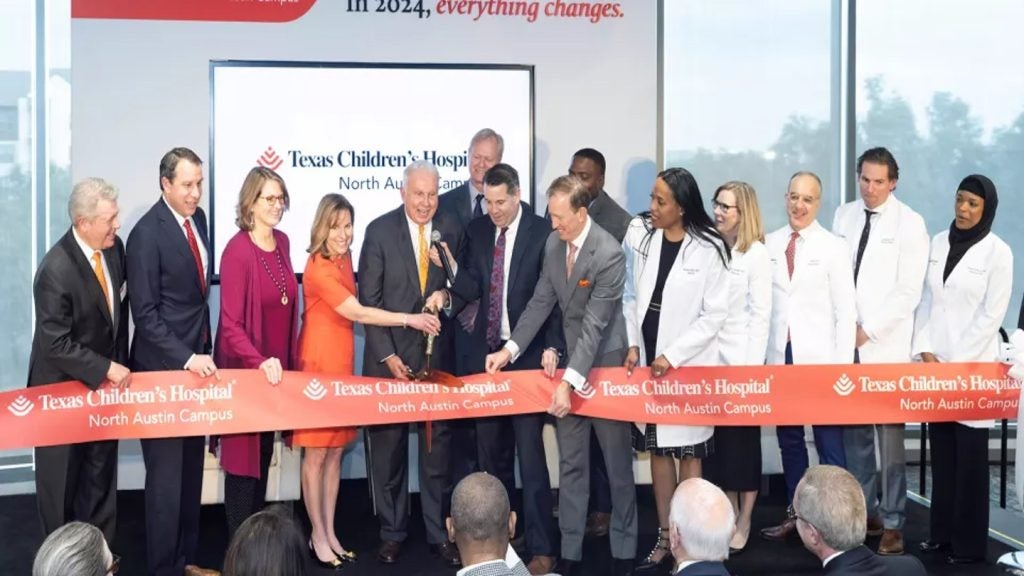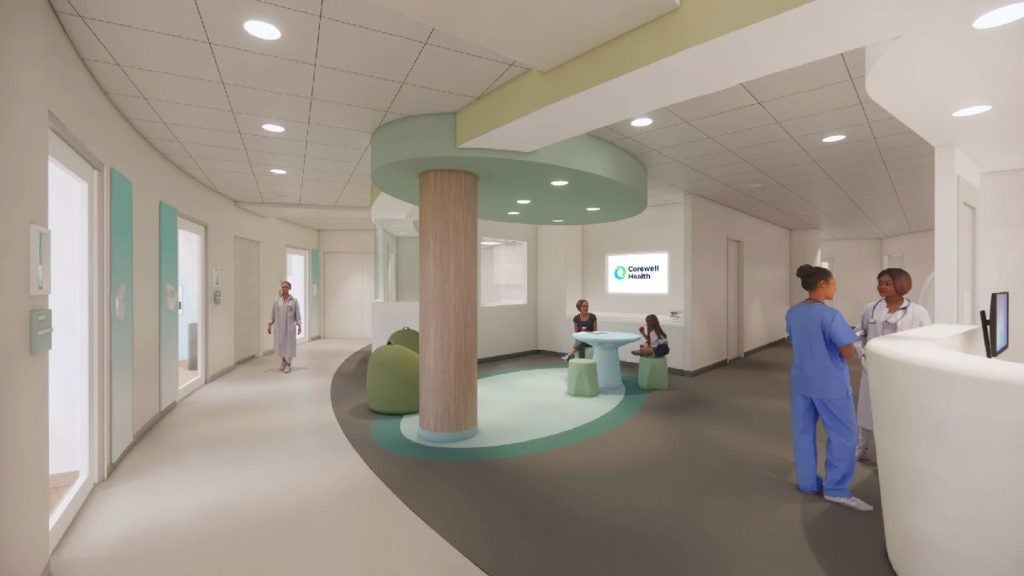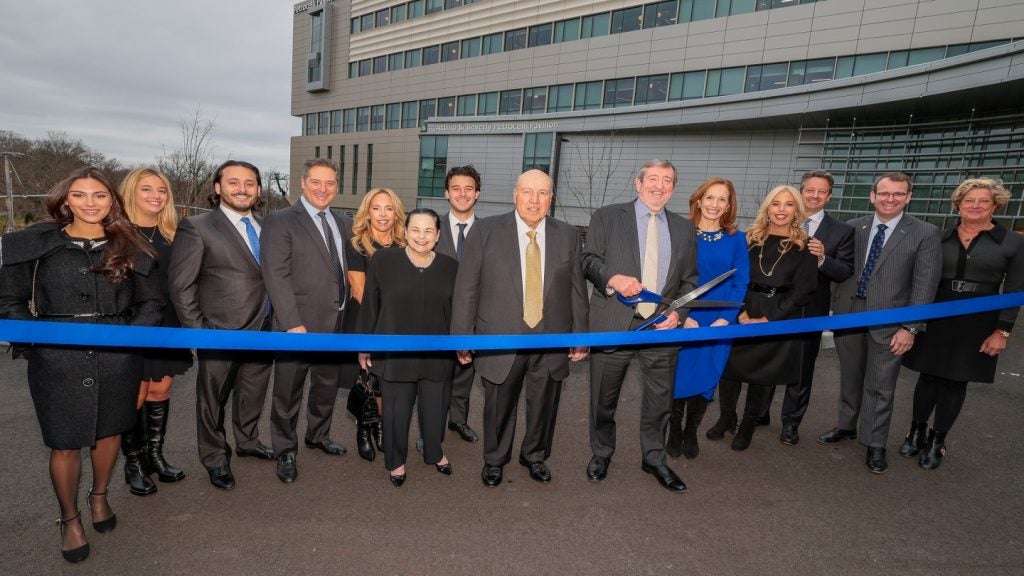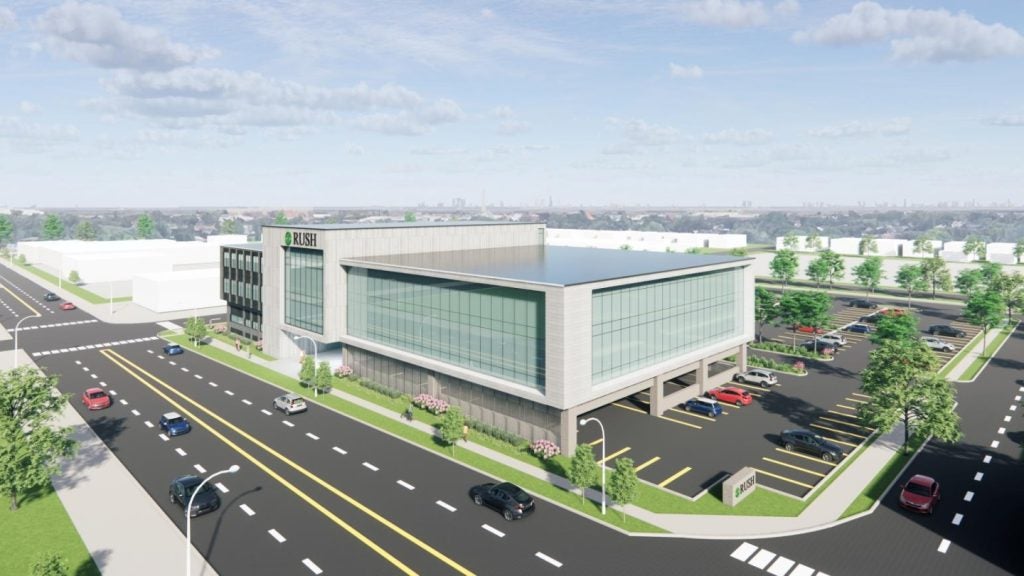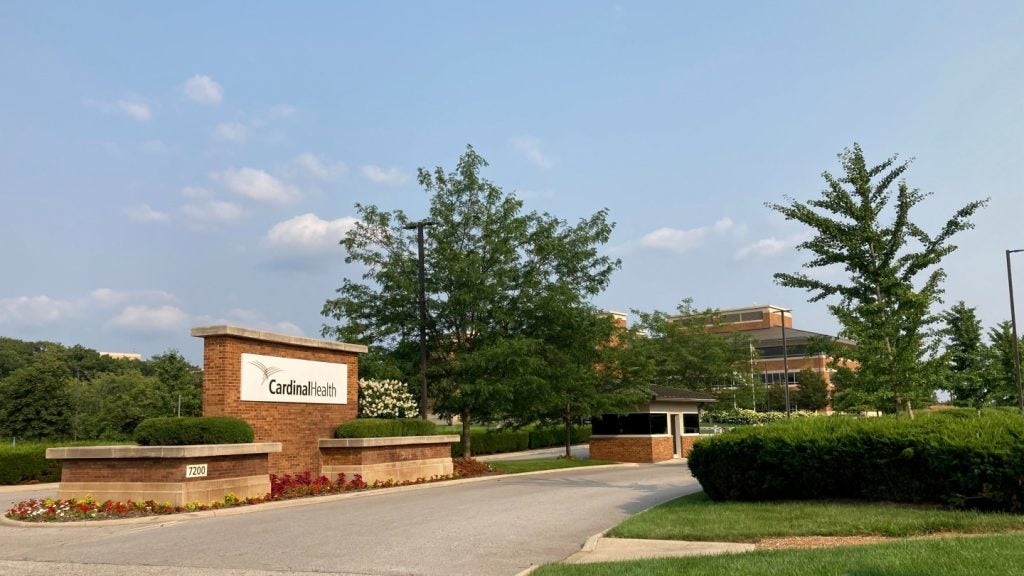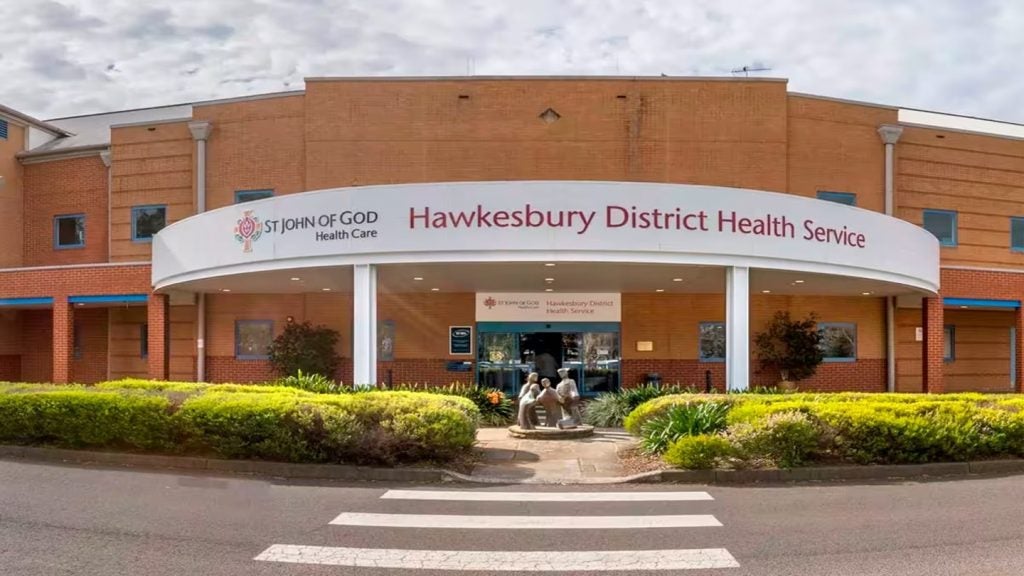Rosalind Franklin University (RFU) of Medicine and Science in North Chicago, Illinois, has secured $8.1m from the Illinois Board of Higher Education (IBHE).
The funds have been earmarked for the development of a virtual health system and the expansion of RFU's simulation centre.
They were awarded as part of IBHE’s Independent Colleges Capital Investment Grant Program.
The planned 20,000ft² simulation centre and virtual health system at RFU will incorporate various new training methods, health technologies and artificial intelligence (AI) capabilities.
These technological advancements aim to allow the university to enhance patient safety and equip healthcare professionals for a dynamic and complex healthcare environment.
The state capital funds will also reinforce RFU's existing training infrastructure. Upgrades will primarily include the renovation of general clinical skills labs and modernisation of the gross anatomy lab, as well as the acquisition of simulation equipment.
The new funds will also be used to bolster RFU's outreach to community partners, enhancing academic-to-workforce pathways.
The university plans to extend its K-12 partnership capacity, collaborating with educators to use web-based simulations for teaching health and healthcare career paths.
Rosalind Franklin University president and CEO Dr Wendy Rheault said: “The IBHE grant is a great example of how RFU is partnering across sectors — government, education, industry and technology — and with community-focused organisations to build more equitable models of care and train the healthcare workforce our state needs.”
The grant will also finance the further development of RFU's Innovation and Research Park (IRP).
RFU's research labs and six disease-based centres currently occupy two-thirds of the IRP. The remaining space is designated for healthcare industries and startups.
RFU is an early healthcare simulation adopter that uses simulation as a responsive training platform for developing skills, including accurate assessment and diagnosis.
Last year, the university completed 14,000ft² of wet lab space for bioscience industry use, supported by the Rebuild Illinois Wetlab Capital Program.


